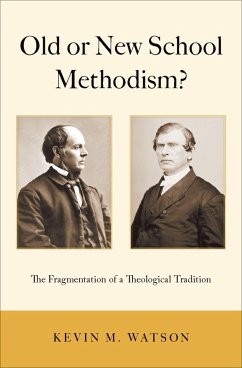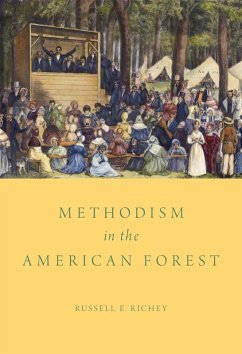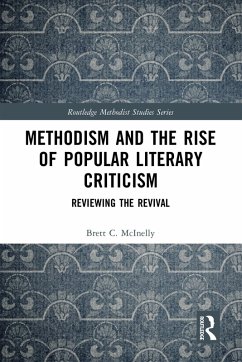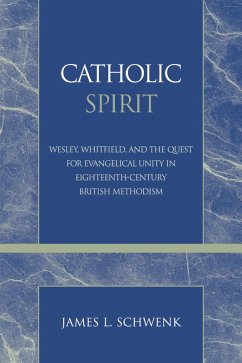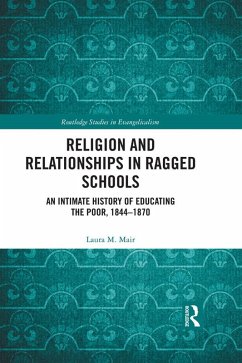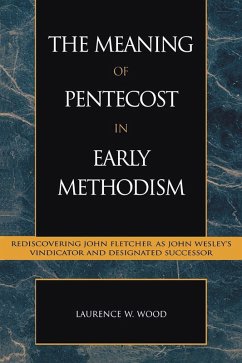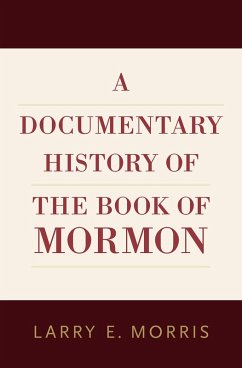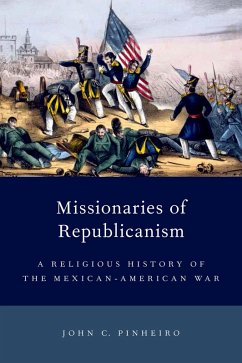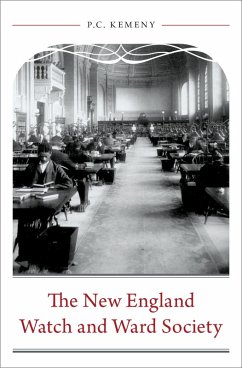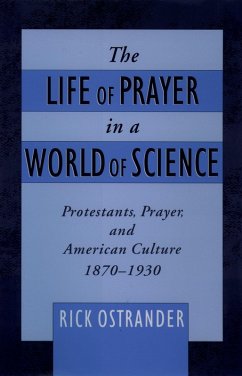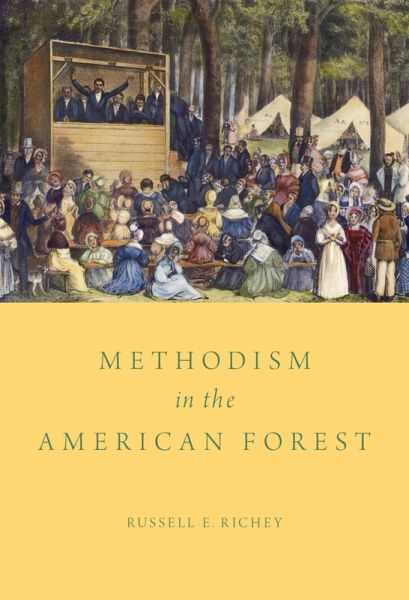
Methodism in the American Forest (eBook, PDF)
Versandkostenfrei!
Sofort per Download lieferbar
26,95 €
inkl. MwSt.
Weitere Ausgaben:

PAYBACK Punkte
13 °P sammeln!
Winner of the 2015 Saddleback Selection Award from the Historical Society of The United Methodist Church During the nineteenth century, camp meetings became a signature program of American Methodists and an extraordinary engine for their remarkable evangelistic outreach. Methodism in the American Forest explores the ways in which Methodist preachers interacted with and utilized the American woodland, and the role camp meetings played in the denomination's spread across the country. Half a century before they made themselves such a home in the woods, the people and preachers learned the hard wa...
Winner of the 2015 Saddleback Selection Award from the Historical Society of The United Methodist Church During the nineteenth century, camp meetings became a signature program of American Methodists and an extraordinary engine for their remarkable evangelistic outreach. Methodism in the American Forest explores the ways in which Methodist preachers interacted with and utilized the American woodland, and the role camp meetings played in the denomination's spread across the country. Half a century before they made themselves such a home in the woods, the people and preachers learned the hard way that only a fool would adhere to John Wesley's mandate for preaching in fields of the New World. Under the blazing American sun, Methodist preachers sought and found a better outdoor sanctuary for large gatherings: under the shade of great oaks, a natural cathedral where they held forth with fervid sermons. The American forests, argues Russell E. Richey, served the preachers in several important ways. Like a kind of Gethesemane, the remote, garden-like solitude provided them with a place to seek counsel from the Holy Spirit. They also saw the forest as a desolate wilderness, and a means for them to connect with Israel's years after the Exodus and Jesus's forty days in the desert after his baptism by John. The dauntless preachers slashed their way through, following America's expanding settlement, and gradually sacralizing American woodlands as cathedral, confessional, and spiritual challenge-as shady grove, as garden, and as wilderness. The threefold forest experience became a Methodist standard. The meeting of Methodism's basic governing body, the quarterly conference, brought together leadership of all levels. The event stretched to two days in length and soon great crowds were drawn by the preaching and eventually the sacraments that were on offer. Camp meetings, if not a Methodist invention, became the movement's signature, a development that Richey tracks throughout the years that Methodism matured, to become a central denomination in America's religious landscape.
Dieser Download kann aus rechtlichen Gründen nur mit Rechnungsadresse in A, B, BG, CY, CZ, D, DK, EW, E, FIN, F, GR, HR, H, IRL, I, LT, L, LR, M, NL, PL, P, R, S, SLO, SK ausgeliefert werden.




